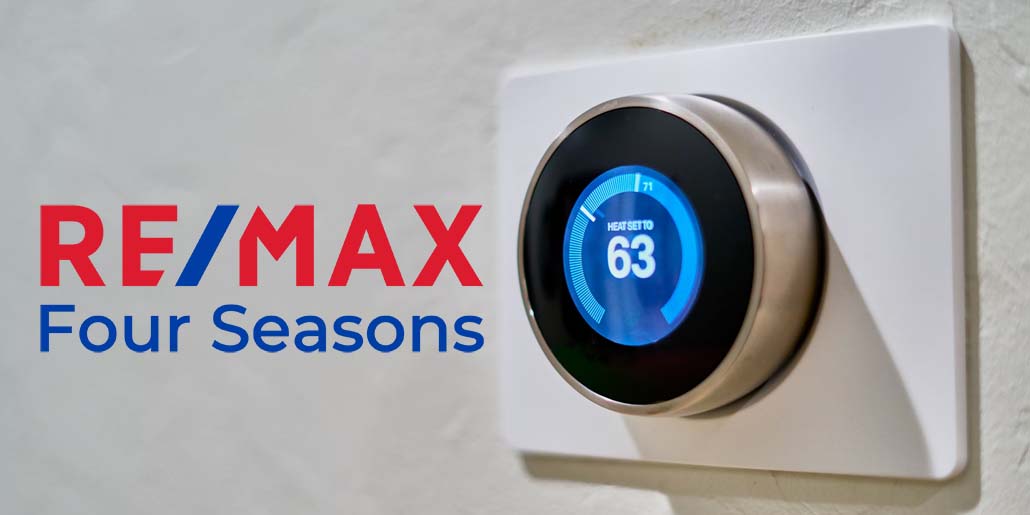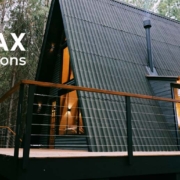Does Adjusting the Temperature in Homes in Nelson Save Money?
Saving money is on every Canadian’s mind as of late. With interest rates holding strong at 5% finding ways to cut back on spending is a top priority. Editor’s note: rates were reduced June 5th by .25%. Canadians are keen on reducing discretionary expenses, seeking deals, and adopting frugal habits. All measures to stretch their dollars further to navigate these challenging economic times. One common way that homeowners are trying to save cash is by playing around with the temperature of their homes. But, does this make that big of a financial difference? In this article, we will explore the impact of adjusting your thermostat on your overall energy bills. We’ll delve into the potential savings and provide practical tips on how to optimize your home’s temperature without sacrificing comfort. By the end, you’ll have a clearer understanding of whether tweaking your home’s temperature can lead to significant financial benefits.
Are You Making a Difference in Your Energy Bills by Tweaking the Thermostat?

Thermostat setbacks are a common practice that have been adopted in several Canadian homes. A thermostat setback refers to the practice of lowering the temperature setting on your thermostat during periods when heating isn’t needed as much. For example, when you’re sleeping, vacationing, or at work. It’s important to note that setbacks generally occur in 8-hour intervals.
If adjusting the thermostat is a touchy subject in your household, you’re not alone. The age-old debate of whether turning down the thermostat equates to real cost savings is one that’s caused many arguments. However, let the debate finally be settled by Newton’s Law of Cooling. By this law, “the rate of heat loss of a body is directly proportional to the difference in the temperatures between the body and its environment”. This is merely science-speak to say that the closer your home’s temperature is to the outside, the slower it loses heat. Put simply, your house retains heat better when it’s cooler inside.
A common counterargument to this is that it will take substantially more energy to reheat your home after a thermostat setback. However, the opposite is true. Your furnace will not be pushed to its limits when it comes time to heat your home back to a comfortable temperature. Although, it may stay on for a touch longer. Regardless of this, you will still accumulate valuable cost savings by using less energy per month. So, if you were thinking of investing in a programmable thermostat, take this as a sign to go ahead and make the purchase.
Programmable thermostats can automate these temperature adjustments, ensuring that your home is only heated when necessary and that you can effortlessly maintain energy-efficient settings. Sit back, relax, and enjoy a comfortable home while you benefit from lower energy bills!
A/C or No A/C? A True Financial Breakdown

The question of whether to keep your air conditioner on all day or turn it off when not at home during the summer in the Kootenays depends on several factors. For instance, your home’s insulation, the efficiency of your A/C system, and local temperature patterns.
A team of architectural and building systems engineers found that turning the A/C off while you’re away and cooling your home when you return can save energy compared to keeping it running all day. The reason for this is the same as we noted above—because heat transfer into your home slows down as the indoor temperature approaches the outdoor temperature. Ultimately, resulting in less energy to cool it down later.
In the study conducted by the engineers, simulations showed that homes in different climates (like Arizona’s dry heat and Georgia’s humidity) with typical insulation used less energy when employing a “setback” strategy, allowing indoor temperatures to rise during the day. This approach resulted in up to 11% energy savings annually, even accounting for the temporary energy spike needed to cool the home at the end of the setback.
However, the exact savings can vary based on the efficiency of your air conditioning system. It can also depend on how well your home is insulated. More efficient systems like heat pumps offer less dramatic savings from setbacks. For example, an eight-hour setback generally provides energy savings regardless of the system used.
Contact RE/MAX Four Seasons Today!
Are you ready to buy real estate in Nelson this summer? Start the process today with the help of one of our Nelson real estate experts! For more information about properties in the area, contact us today. Be sure to check out our social media for the latest updates and more. Also, don’t forget to visit our blog next month for more real estate content about Grand Forks. We look forward to working with you in the near future!












Leave a Reply
Want to join the discussion?Feel free to contribute!